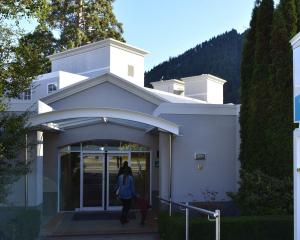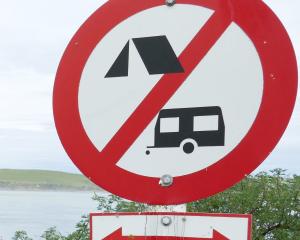A new fee proposal for the use of sports and community facilities in the Queenstown Lakes district will go to a public hearing after 64 submissions were received, the majority opposed to the scheme.
The policy outlines a new structure for the cost of using council-owned facilities, such as sports grounds, community halls and events facilities.
It proposes free use of facilities for youth sports and discounted use for charitable events, and also entails a new "supplementary rental" or commission on earnings from sales and coaching.
QLDC community services manager Paul Wilson said he has not yet had a chance to look at the submissions, and could not comment on how many of them supported or opposed the new policy.
The Otago Daily Times reviewed the submissions briefly, and found many either expressed concern about elements of the policy or opposed the policy outright.
A couple of smaller sports clubs expressed concern the financial implications of the policy could force them into liquidation.
The submissions were mostly from clubs or groups in the fields of sports, arts and community, but there were also submissions from several private individuals, mostly against the policy.
Much of the opposition concerned the proposed 7.5% commission on sales or 5% on coaching.
The Wakatipu Sports User Group had been encouraging all clubs to send in their submissions.
The group also organised a public meeting two weeks ago, where Mr Wilson answered questions and addressed concerns from the 20 people attending.
User group spokesman Simon Spark said the group had also made its own "generic" submission.
"The organisers of the group are in daily contact with sports clubs around the region, and we had also received copies of many of the submissions.
In our group's submission we were able to both highlight some of the main common points from the other submissions, and draw the council's attention to other issues the clubs have spoken to us about."
Mr Spark pointed out the policy would affect not only sports clubs, but anyone in the district involved with community events or arts, using council facilities.
"I am concerned a lot of groups might still not be aware of how the policy will affect them," he said.
The next step will be a public hearing, headed by three councillors.
Following that, and any changes, the council will consider the final draft of the proposal.
It aims to have the policy implemented by July 1, 2010.












